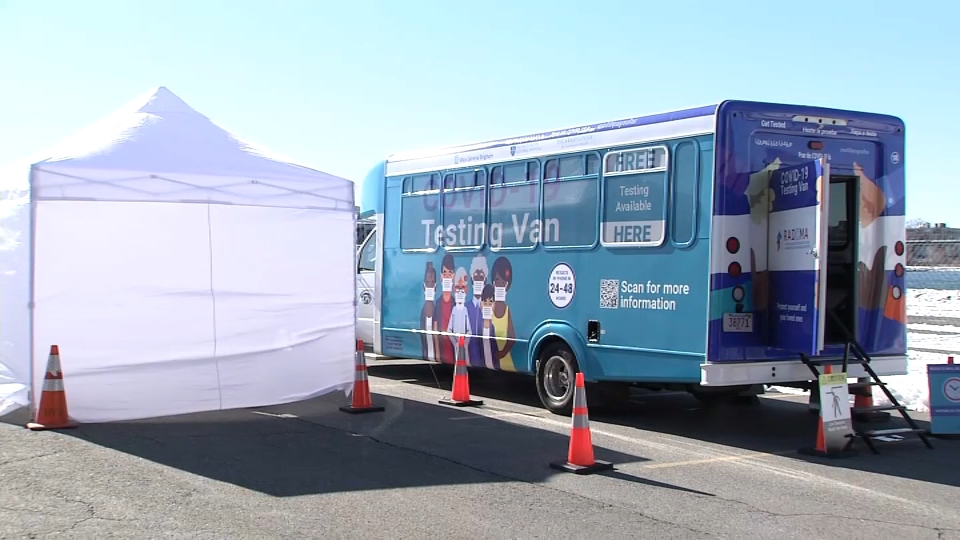Monday has been one full year since the first case of COVID-19 was identified in Massachusetts.
"Today is Feb. 1 and marks the one-year anniversary since the first case of COVID-19 was confirmed here in the city of Boston," Mayor Marty Walsh said Monday. "None of us had any idea what to expect a year ago. The pandemic has turned our city and our world upside down. Living with this virus has not been easy for anyone."
On Feb. 1, 2020, state health officials announced that a man in his 20s who lived in Boston who had recently returned from traveling to Wuhan, China, had tested positive for the coronavirus. A month and a half later, the state declared a state of emergency and temporarily shut down schools, a move that wound up lasting for the remainder of the 2019-2020 school year.
For many school districts, remote learning has now been underway for nearly a year, covering two school years.
If you ask students, teachers and parents, you’ll probably hear the same thing – it was hard at first to adjust when schools closed, and learning became remote.
Get top local stories in Boston delivered to you every morning. Sign up for NBC Boston's News Headlines newsletter.
“In third grade I was getting sick of it, but now it’s like a whole year, I’m really getting sick of it now,” said Nathan Bakyayita, a 4th grader at William Stanley Elementary School in Waltham.
But there’s also been a chance for growth.
We talked to the newly named “Massachusetts Teacher of the Year” Jennifer Hedrington, a 7th grade math teacher at Malden’s Ferryway School, about how she’s managed to get success from her students.
“I want them to be comfortable in the lesson in the space, because its new for everyone,” she said.
Like many teachers across the state, she hasn’t met her students in person, since learning has been totally remote. And she’s just as shy in front of the camera, so getting students to feel confident in this setting means everything.
“I always tell my kids, especially since were virtual, I’m your one on one tutor. You can pin the screen so it’s just that one person looking at you. I’m like, I’m your tutor, no one here but you and I,” said Hedrington.
She said one of her biggest concerns about remote learning has been equity.
So to make sure no students fall between the cracks, she works with them one-on-one nights or weekends.
“Not being in school has its benefits. I’m not so tired, I can do this one-on-one thing. Sundays I teach classes, Friday evenings I teach classes and the kids show up.”
Still, she’s hoping to be back in the classroom this spring.



